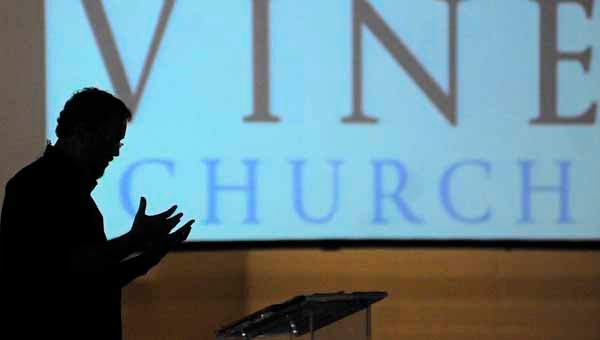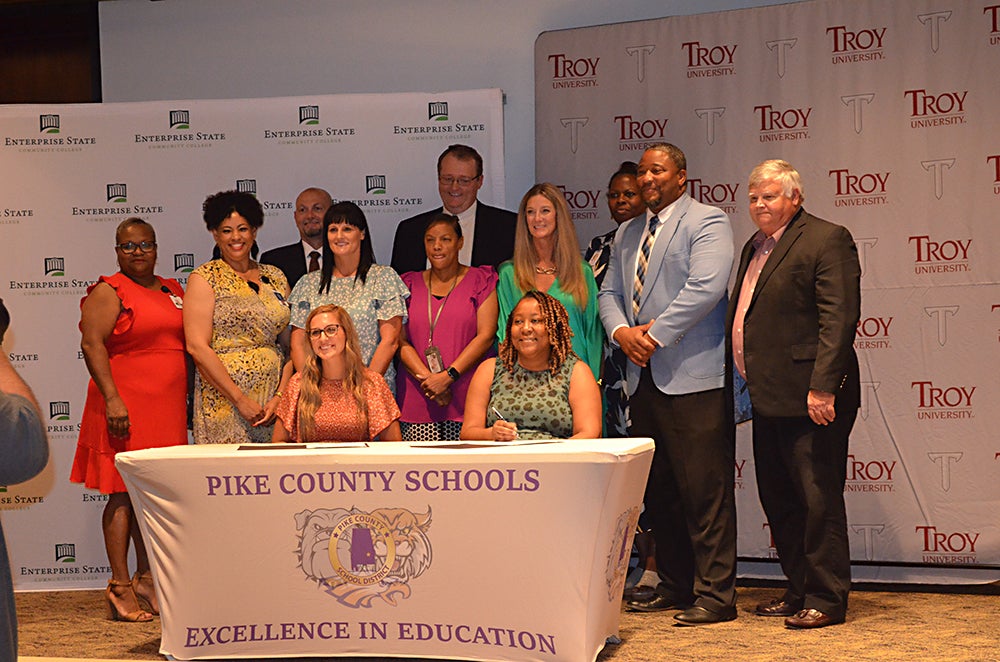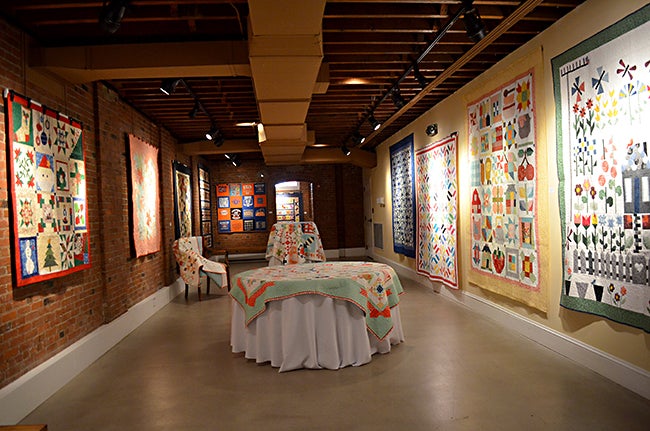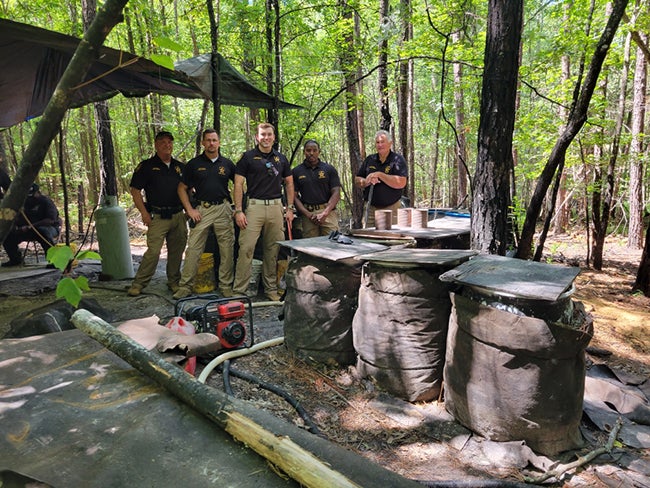Churches work to stay relevant
Published 11:00 pm Friday, February 22, 2013

Louis Johnson, pastor of The Vine Church, works diligently to engage his congregation with upbeat music and a powerful message.
Louis Johnson isn’t afraid to use the phrase “culturally relevant” in the same sentence as “faith” or “religion.”
In fact, he’d argue it’s a necessity.
Johnson, pastor of The Vine church in Troy, is passionate about his vision for the church. “If you’re not willing to be culturally relevant, you’re not going to fulfill the Great Commission,” he said, referring to Jesus Christ’s instructions to his disciples that they spread his teachings to all the nations of the world.
Put simply, if folks aren’t coming to church – aren’t engaging in their faith – then they can’t grow in their relationship with God, he said. “The number one reason why people don’t go to church anymore is because they say it’s boring. Well, shame on us.”
Johnson said “church” should be anything but boring. “We’re not going to change the message – Jesus’s message – but we’re going to change the presentation.”
In The Vine, that presentation takes a 21st Century shape: a “seeker-friendly” Sunday morning services geared for people who’ve moved away from their faith or church, with a heavy emphasis on hospitality and welcoming newcomers; small groups that serve as the place “where the real growth comes” outside of Sunday services; and a program that helps people identify their God-given gifts and how to use them in service to other.
“The number one thing we’re trying to do on Sunday morning is get people to come back,” he said. “You have to get them to come back to church so you can reach them and bring them to Christ.”
Finding ways to be culturally relevant while holding fast to tradition and faith is a challenge all churches face these days. Even the Catholic Church, which marks some 2,000 years of tradition and history in its liturgies and Masses, recognizes the need to be relevant. The challenge, said the Rev. Den Irwin of St. Martin of Tours in Troy, is finding a way for people to understand their faith in today’s terminology so they can see its relevance in their lives.
“We see the stress of trying to communicate what we believe with people and trying to help the modern person understand it, to practice their faith and to live it,” he said. “In that, we can see a common thread with other faiths who do that in a different way.”
The goal, he said, “is not about changing what we believe, but in how we help people understand it.”
“Faith is a gift from God, and if we abandon our beliefs, we lose that gift,” he said.
For the Rev. Luke Lane, pastor at the First Baptist Church in Troy, sharing the beliefs across the generations is critical. Lane’s church, with more than 1,000 members listed on its rolls, has active ministries that serve toddlers to 90-year-olds. The church was founded in the 1800s and its historic sanctuary building sits across the street from a new family life center that hosts an Upward Basketball league and community outreach programs for college students, among other ministries. As a pastor, he uses modern tools ¬ such as daily scripture tweets on Twitter as part of his ministry.
“We’re ministering to a wide diversity of ages and people,” Lane said. “We always have to make sure we preach the Gospel – that message never changes – but we have to communicate with people on a different level.”
Social media, blended worship services – “we have traditional hymns but we may have a little more beat to it” – and local and international ministries are part of the church’s natural response to growth.
“I think, over the next 10 years, we still have some evolving to do in order to continue to reach the community around us,” he said.
What that evolution will bring to “church” is a question that inspires different visions from the pastors.
For Lane, it’s a gradual growth and development, a continuation of the ministry to different ages and different people.
For Irwin, it’s perhaps a smaller, more faith-filled global church that embraces the quiet and personal witness of its members living their faith through actions – from hospital workers to bank tellers to coaches. “I’d echo something that Blessed John Paul II said. He said when he looked into the future he saw a smaller, more faithful church,” Irwin said. “We do live in a very secular society that doesn’t encourage belief in God, and at times mocks that faith, in a somewhat toxic environment.”
How successful the church will be can be judged only in the perspective of history. “Blessed Mother Thresa said that God calls us to be faithful, not successful,” he said. “And if you look at Jesus’ life itself, he was pretty much a failure by the world’s standards … he was rejected by the very people he came to minister to.”
But His message, His truth, continues to drive the Christian faith more than 2000 years later. “We have this deep hunger for God.”
Addressing the dichotomy of holding fast to faith and tradition is challenge, the pastors say.
For Johnson, it’s one that he says has to evolve with the generations. Since the first service in August 2012, attendance at the Vine’s Sunday morning services has tripled. And he sees that as affirmation the message is getting.
“The church as a whole has got to listen to the Holy Spirit,” he said.
“Each generation has its own revival movement … and I see this as a movement from God.”
Read more stories about Pike County’s journey in Profile, found in this edition of The Messenger.





